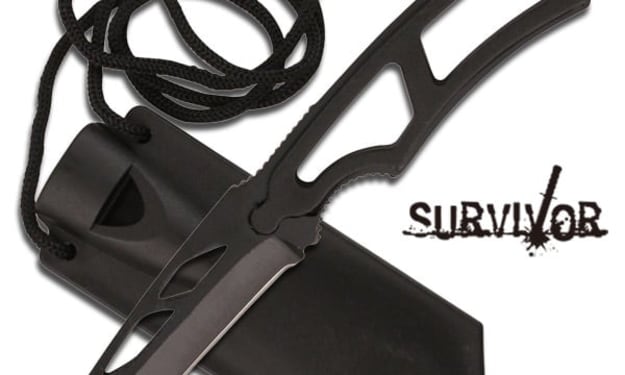
While I recently turned 39 and by most standards that seems rather young, even though I don’t always feel that way, there are certainly some things I’ve learned that have shaped my life. In this series of posts, as generically named as it is, I am attempting to share some of them in the hopes that they may be beneficial or at least an interesting read. I’m no philosopher or anything but we all have things we’ve feel strongly about and use as guiding principles and these are mine.
I’m starting it off with what I call the “Onion Theory” of humanity.
While the same trait may apply to several other vegetables, fruits, and non-edible items, I chose to go with the onion simply because it is a common food that most people can relate to having in their diet at some point or another. That trait is that the onion is made up of many layers.
When you pick up an onion at your local grocery store or farmer’s market, chances are, the top layer you see likely has some sort of defect. Either that layer is damaged in some way or discolored, or otherwise “bad” if you will. When you take it home to use it, you will undoubtedly begin to peel layers back until you get to one that seems usable.
If you haven’t already started to extrapolate meaning here, let me make it simple. People are like onions. While we all have our damaged elements that are either “bad” in actuality or perception, if you begin to pull away layers, you will eventually reach some point that is “good” and has something productive and beneficial to contribute to the world.
Your first instinct here it to think that those you disagree with or don’t like are just bad and that’s all. But, let me explain why in almost every case this is not so.
Let’s take as an example the famous radio and television personality Howard Stern. Most of us know him as a man who embraced the shock jock persona and has been quite controversial. Some might say he is raunchy, perverse, disgusting or just plain not good. But, if you pull back that persona you will surely find something different and unexpected. Did you know that the man is literally responsible for saving a life? That’s right, Howard Stern is a definite hero. Years ago, a man called in to his radio show announcing that we has going to jump from the George Washington Bridge. Howard did not ridicule the man, ignore him, or egg him on. Instead, he kept him on the line and did everything he could to talk him down. Additionally, almost a decade after that, Stern was on air during the despicable terrorist acts of September 11, 2001. He diverted his normal programming to help provide updates and information of what was going on to a scared and shocked public.
That's just one person but it is something that I believe, from both personal experience and the tales I've heard from others, is far more common than we realize or may be willing to think. The lesson here is actually pretty simple in concept but profound in the impact it can have on the way you view and interact with others.
The gist is this—people are generally good. Sure, some are good from the moment you meet them and seem to be (even though nobody is perfect) morally or fundamentally impressive on every level. Others you may have to get to know to understand their best qualities. Still more you may have to dig further, removing layer after layer after layer. But at some point, chances are strong that you will indeed find good in them.
About the Creator
Jason A
Writer, photographer and graphic design enthusiast with a professional background in journalism, poetry, e-books, model photography, portrait photography, arts education and more.






Comments
There are no comments for this story
Be the first to respond and start the conversation.